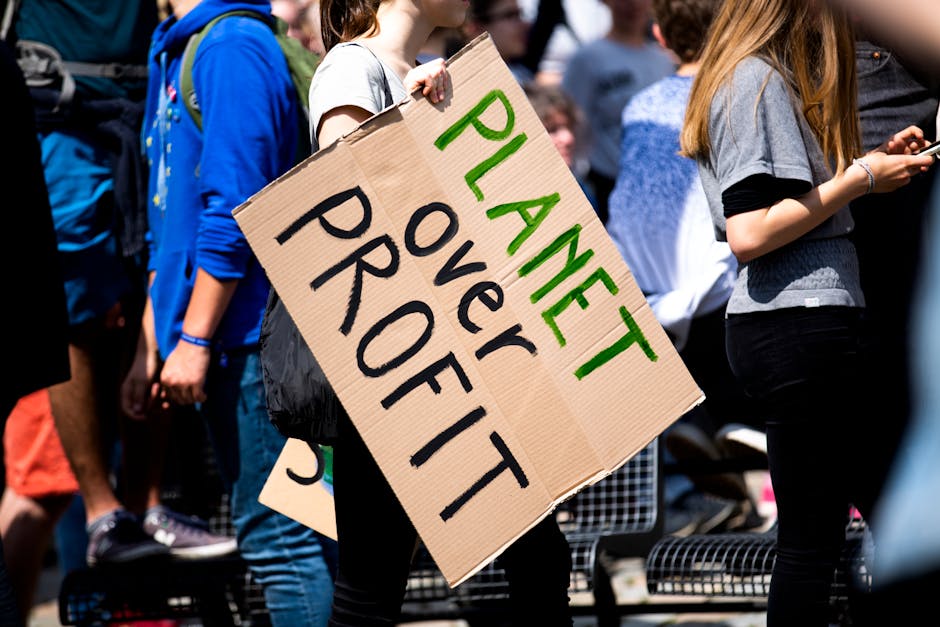Global warming, a term often used interchangeably with climate change, refers to the long-term increase in Earth's average surface temperature due to the release of greenhouse gases primarily caused by human activities. As we explore the multifaceted aspects of global warming, it's crucial to delve into its causes, consequences, and potential solutions.
The primary driver of global warming is the accumulation of greenhouse gases in the Earth's atmosphere. These gases, such as carbon dioxide, methane, and nitrous oxide, trap heat energy emitted from the Earth's surface, leading to an increase in global temperatures. Human activities, including the burning of fossil fuels, deforestation, and industrial processes, contribute significantly to the emission of these gases.
The consequences of global warming are far-reaching and multifaceted. Rising sea levels threaten coastal communities, while extreme weather events such as hurricanes, droughts, and heat waves become more frequent and intense. Changes in precipitation patterns disrupt agriculture and water resources, affecting food security and economic stability. Moreover, the loss of biodiversity and ecosystem degradation further exacerbates the challenges posed by global warming.
Addressing global warming requires a multifaceted approach involving both mitigation and adaptation strategies. Mitigation measures aim to reduce the emission of greenhouse gases by transitioning to renewable energy sources, improving energy efficiency, and promoting sustainable land-use practices. Adaptation strategies, on the other hand, focus on preparing societies for the inevitable impacts of climate change by investing in infrastructure resilience, developing early warning systems, and implementing climate-resilient agriculture practices.
International cooperation is vital in combating global warming. The Paris Agreement, a landmark international treaty adopted in 2015, sets a global framework to limit global temperature increase to well below 2 degrees Celsius, preferably to 1.5 degrees Celsius, compared to pre-industrial levels. The agreement outlines voluntary commitments from individual countries to reduce emissions and adapt to the impacts of climate change.
The effects of global warming are already being felt around the world, and the need for urgent action is undeniable. By understanding the causes and consequences of global warming and working together to implement comprehensive solutions, we can mitigate its impacts and secure a more sustainable future for our planet and generations to come.

